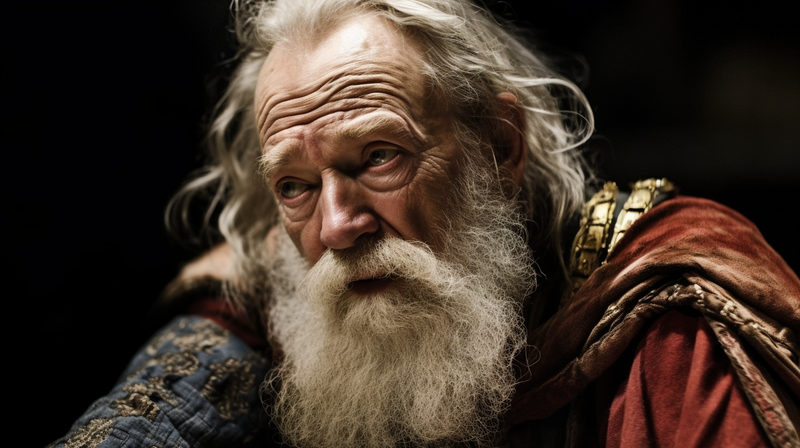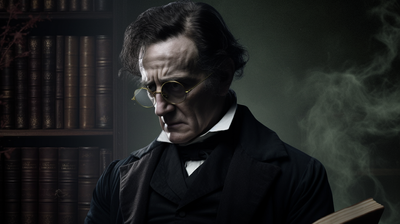The Tragic Hero in William Shakespeare's 'King Lear: A Moral Analysis
In King Lear, we encounter the embodiment of tragic heroism, an emblem of moral exploration. In scrutinizing its pages, a tapestry of human hearts unravels, guided by the pen of the Bard, delving into profound depths.
The central figure, Lear, assumes the mantle of power and authority. He is a monarch draped in regal robes yet ensnared by his hubris. Blind to the truths evading his sight, he is trapped by his towering ego. His reckless, impulsive, and rash division of his kingdom catalyzes the disentanglement of his royal holdings.
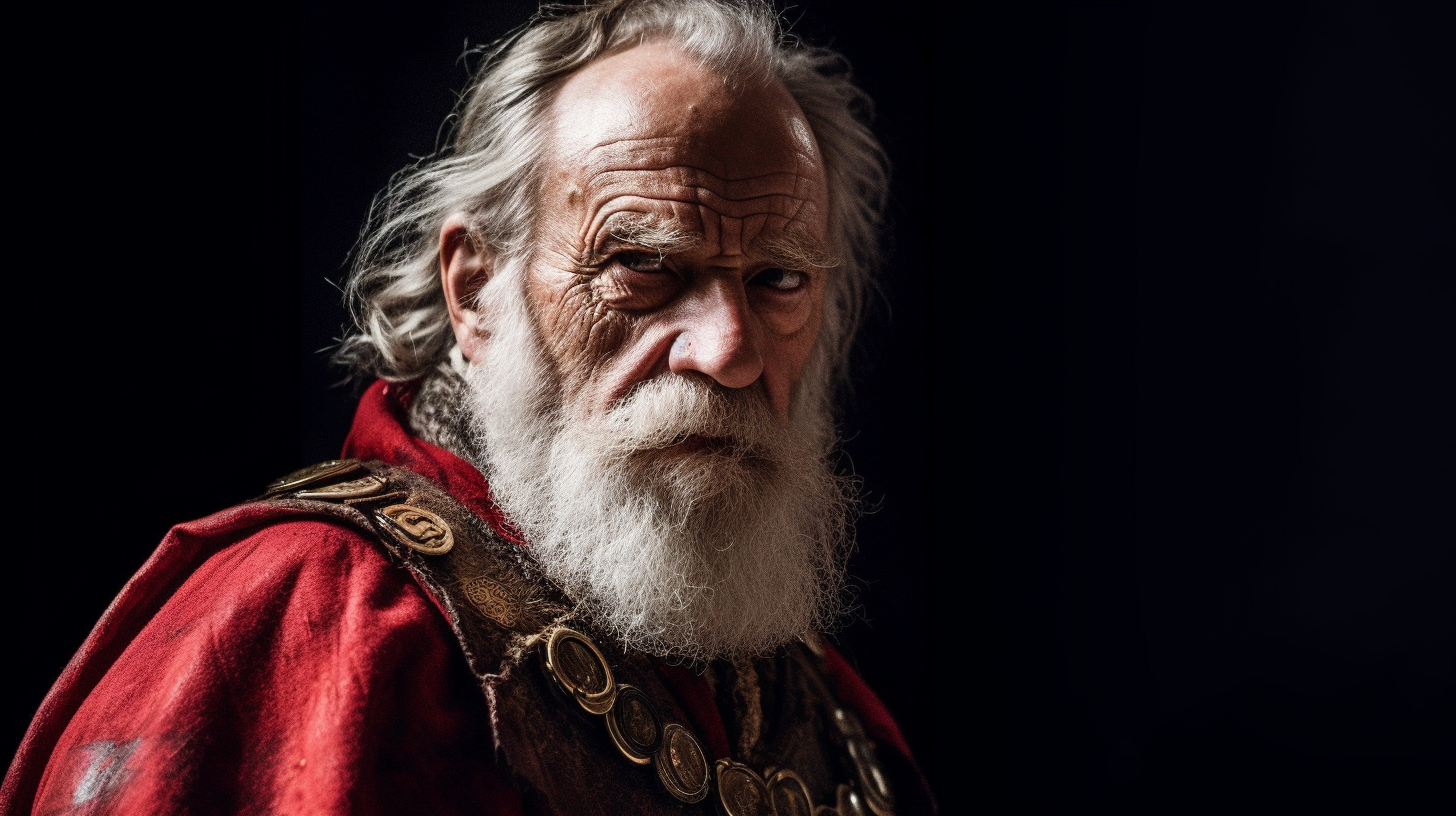
A moral analysis of this gripping saga unfurls the flaws that render the hero brittle. Lear's tragic flaw, his unyielding pride, becomes an untempered blaze that consumes his senses. His perpetual craving, the intoxicating allure of adoration and praise, closes his eyes to genuine affection. His daughters, Goneril and Regan, feign a love as fleeting as a passing breeze, masking their true intentions beneath a veil of insincerity.
Cordelia, the youngest and truest, refuses to pander to Lear's delusions. Her honesty, a rare gem in a sea of deceit, is met with wrath and banishment, casting her aside like a disused prop. Thus, in his escalating madness, Lear is adrift in a fierce storm, both within and without. Stripped of power and dignity, he is a wretched sovereign burdened by despair.
Yet, within the crucible of suffering, a glimmer of truth emerges, piercing the shroud of delusion. Lear's harrowing journey imparts profound wisdom upon him, laying bare the consequences of his misguided youth. His shattered hubris paves the way for self-reflection, allowing him to grasp the elusive virtue of humility.
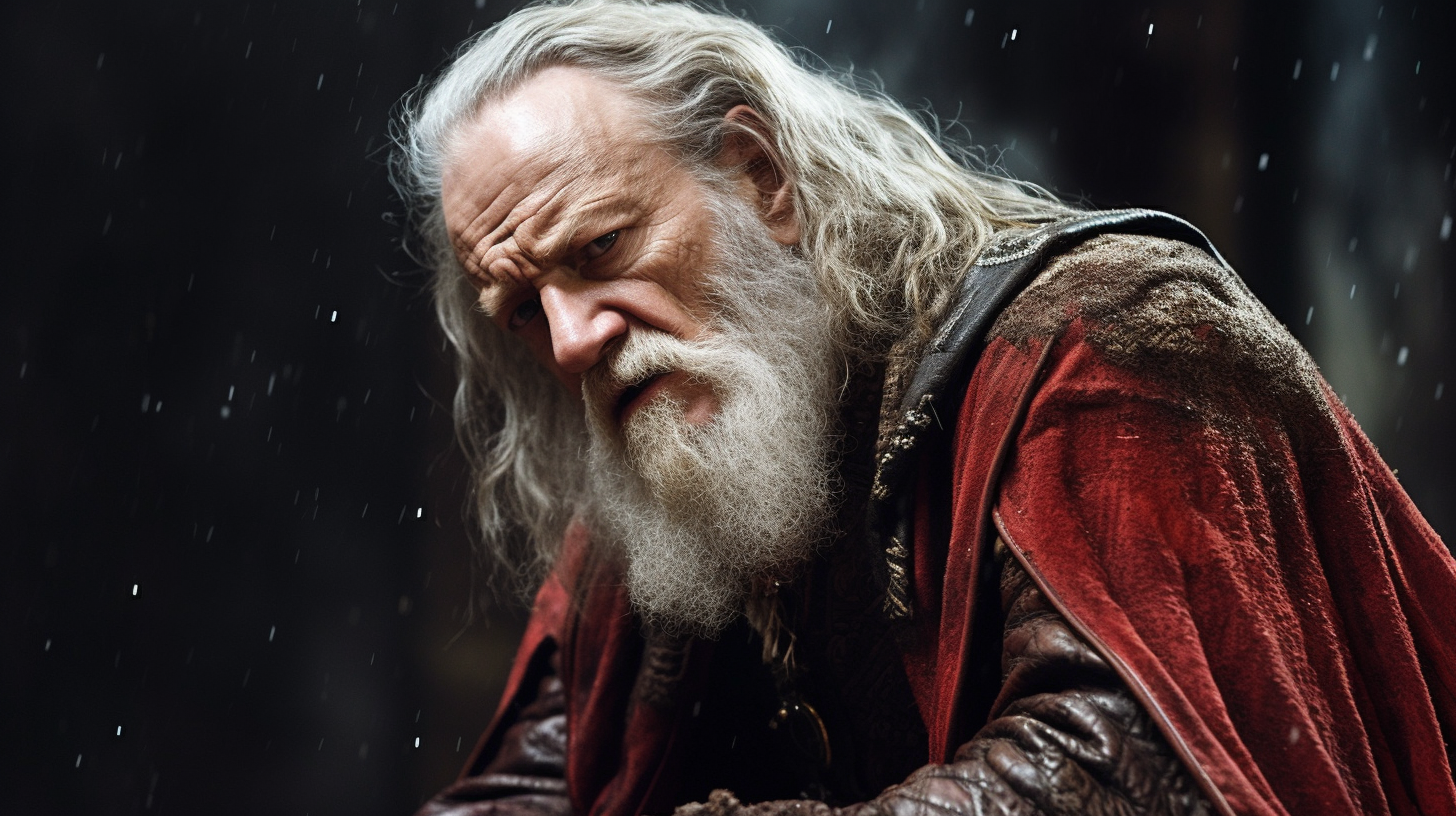
In the throes of his downfall, Lear encounters a moral education, a lesson that evolves into the fabric of his being. Through loss and torment, he rediscovers the essence of his humanity, a metamorphosis borne out of the ashes of his former self. In this humility, he unearths the true meaning of life, no longer obscured by the veil of self-importance.
And so, we must contemplate Lear's tragic plight, for it serves as a cautionary tale, a mirror that illuminates our flaws. Yet, within his descent, we find a clarion call to seek humility and embrace the wisdom it imparts. The lesson learned from Lear's journey resonates through the ages, inviting us to confront our follies and strive towards self-awareness.
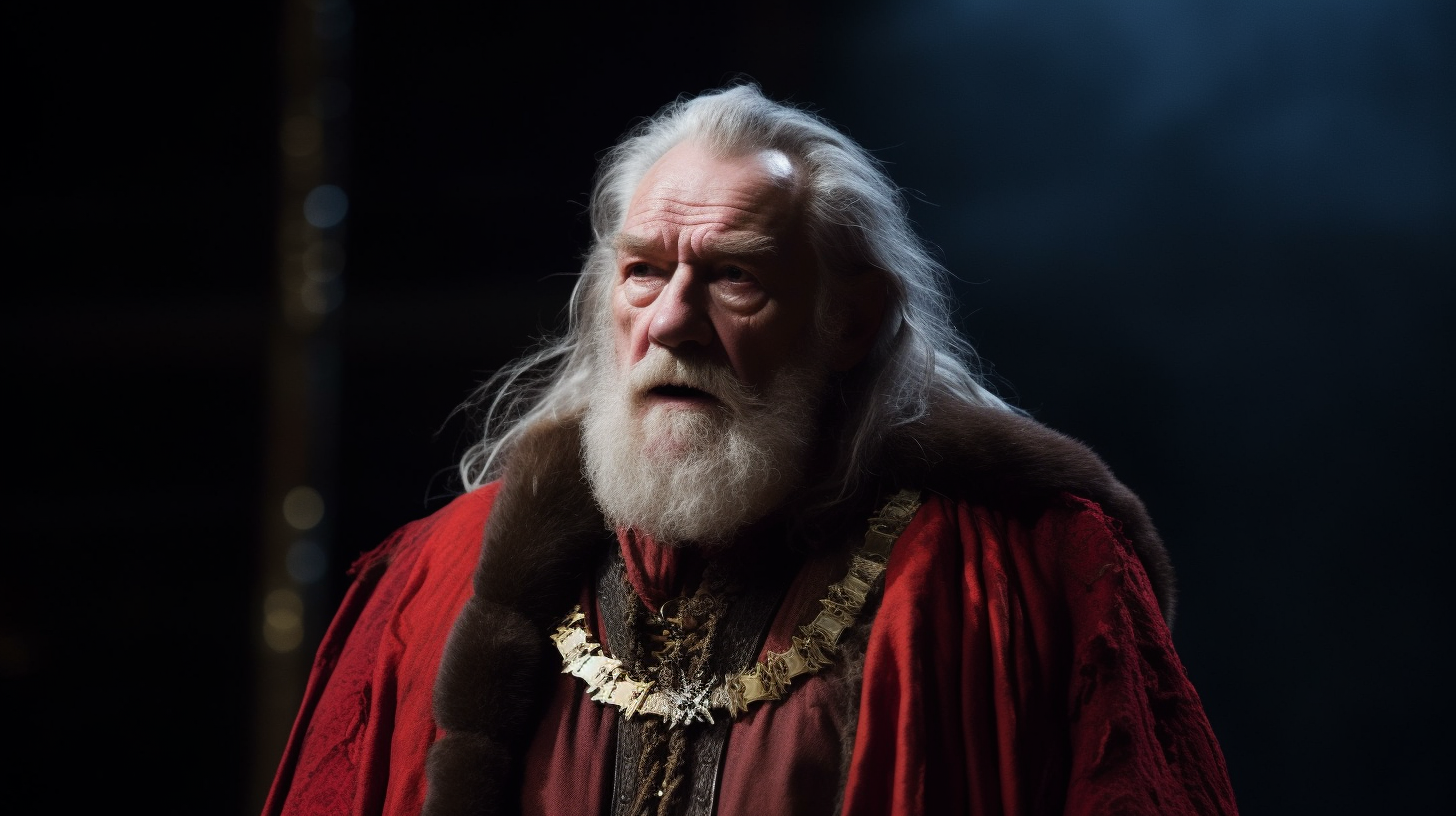
Our take: King Lear, with its moral analysis and tragic hero, invites us to delve into the depths of our souls, confront our flaws, and embrace humility. It serves as a poignant reminder that through suffering and self-reflection, we may attain profound wisdom and grasp the true essence of life, the καλός, the ultimate good that lies within our reach.

Plato Re-Imagined
This course offers 32 comprehensive lectures exploring most of Plato's dialogues. These lectures guide students toward a consilient understanding of the divine—a concept that harmonizes knowledge across disciplines and resonates with secular and religious leaders. As a bonus, Lecture #33 focuses on consilience, demonstrating how different fields of knowledge can converge to form a unified understanding.

